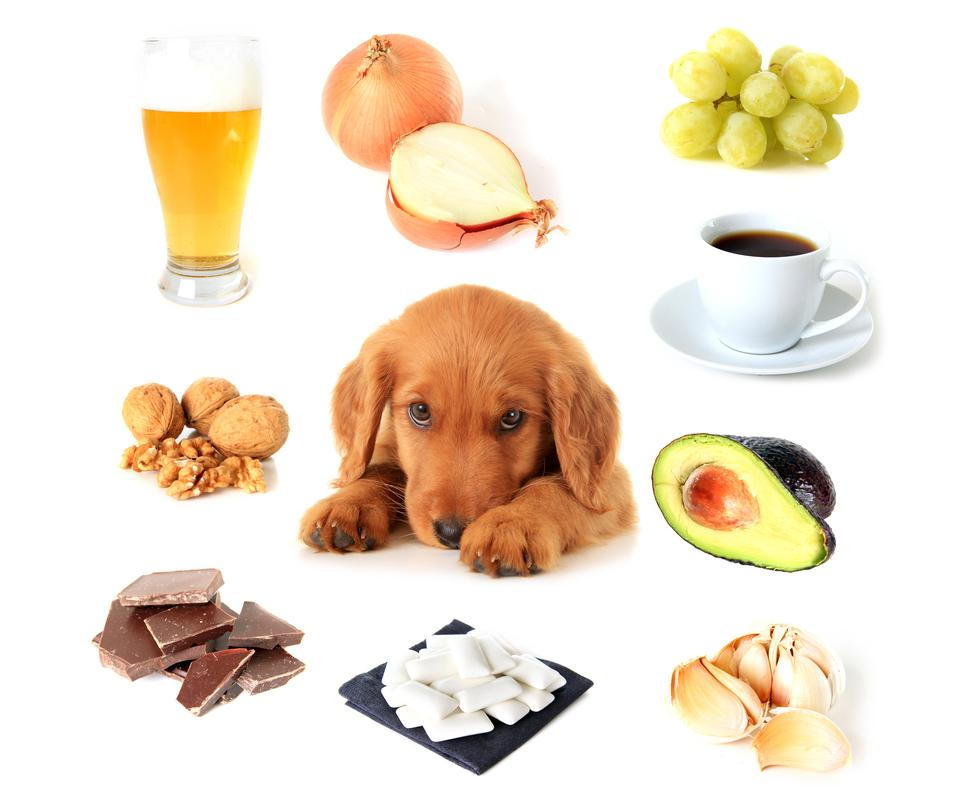
- posted: Oct. 30, 2023
Fall Dog Treats to Enjoy (and Ones to Avoid)
With Halloween and Thanksgiving upon us, it's time to find some treats your dog will enjoy. There are many pumpkin treats available in stores and plenty you can make at home. Our team at Erie Animal Hospital would like to offer some tips for choosing pumpkin treats that ensure your pet's safety.
Homemade Pumpkin Treats
Making dog treats can add some fun to any holiday, and there are numerous sources on the internet with ideas, ingredients, and instructions for preparing delicious seasonal dog treats. While these treats are often shaped or decorated to appeal to humans, your dog doesn't really care about the appearance. What matters is that the treats are present and to make them with healthy ingredients.
Pumpkin is an excellent ingredient for dog treats year-round, as it is a source of vitamins A and E, potassium, and beta-carotene. However, we recommend baking and cooling raw pumpkin before serving it, which includes removing the rind and stem. Even better, homemade or store-bought pureed pumpkin can be mixed with other ingredients, allowing for portion control. Daily limits should be around 1-2 teaspoons for small dogs, 1-2 tablespoons for medium-sized dogs, and 2-4 tablespoons for large dogs.
In addition to pumpkin, healthy treat ingredients include eggs, oatmeal, and flour. Peanut butter (without artificial sweeteners), cheese, apples, carrots, and sweet potatoes can also be added for flavor and nutrition.
Ensuring Pet Safety
Make sure that if you are taking your pet with you trick or treating that you have costumes that are reflective and can be well seen. Make sure no string or cord is on the costume that your pet can rip off and choke on or have it cause a foreign body. Take care to have your pet well leashed to prevent them from running away and getting injured or hit by a car.
Whether you buy or make your Halloween treats, it's crucial to avoid ingredients that are dangerous to dogs, particularly for those on restricted diets. Choose treats with few ingredients and avoid those containing:
- Cereal hulls and byproducts
- Refined sugars and artificial sweeteners – especially xylitol that may cause liver failure in dogs
- Chocolate – especially baker’s chocolate
- Macadamia nuts
- Onions, oils or fatty meats
Lastly, we recommend limiting treats to no more than 10% of a dog's daily calorie intake. Exceeding this limit can keep your dog or cat from wanting to eat its own food or cause weight gain.
Contact Erie Animal Hospital in Erie, PA
If you have any questions, please call us at Erie Animal Hospital, where you will be greeted by our friendly staff and they can answer any questions you have.
